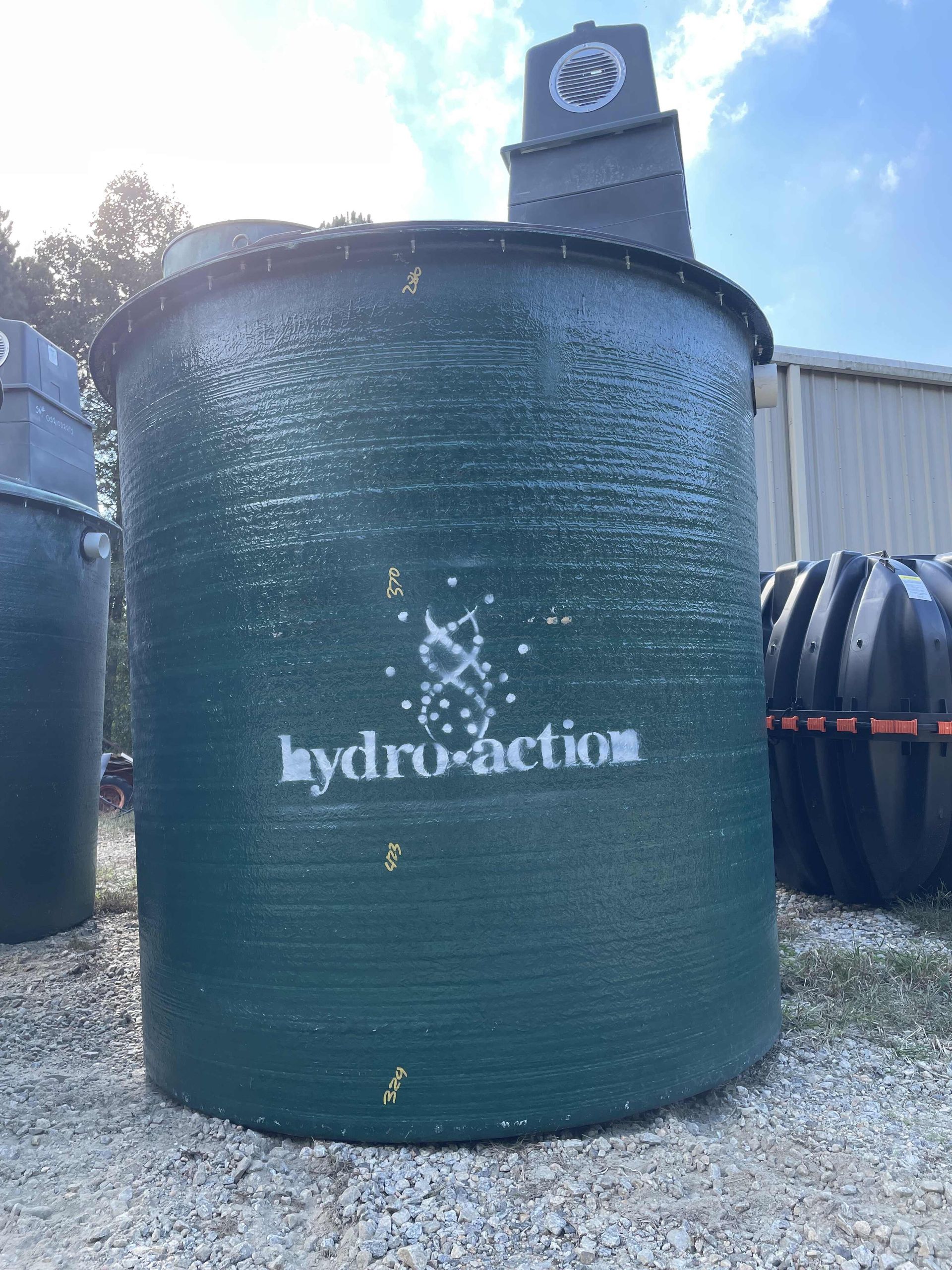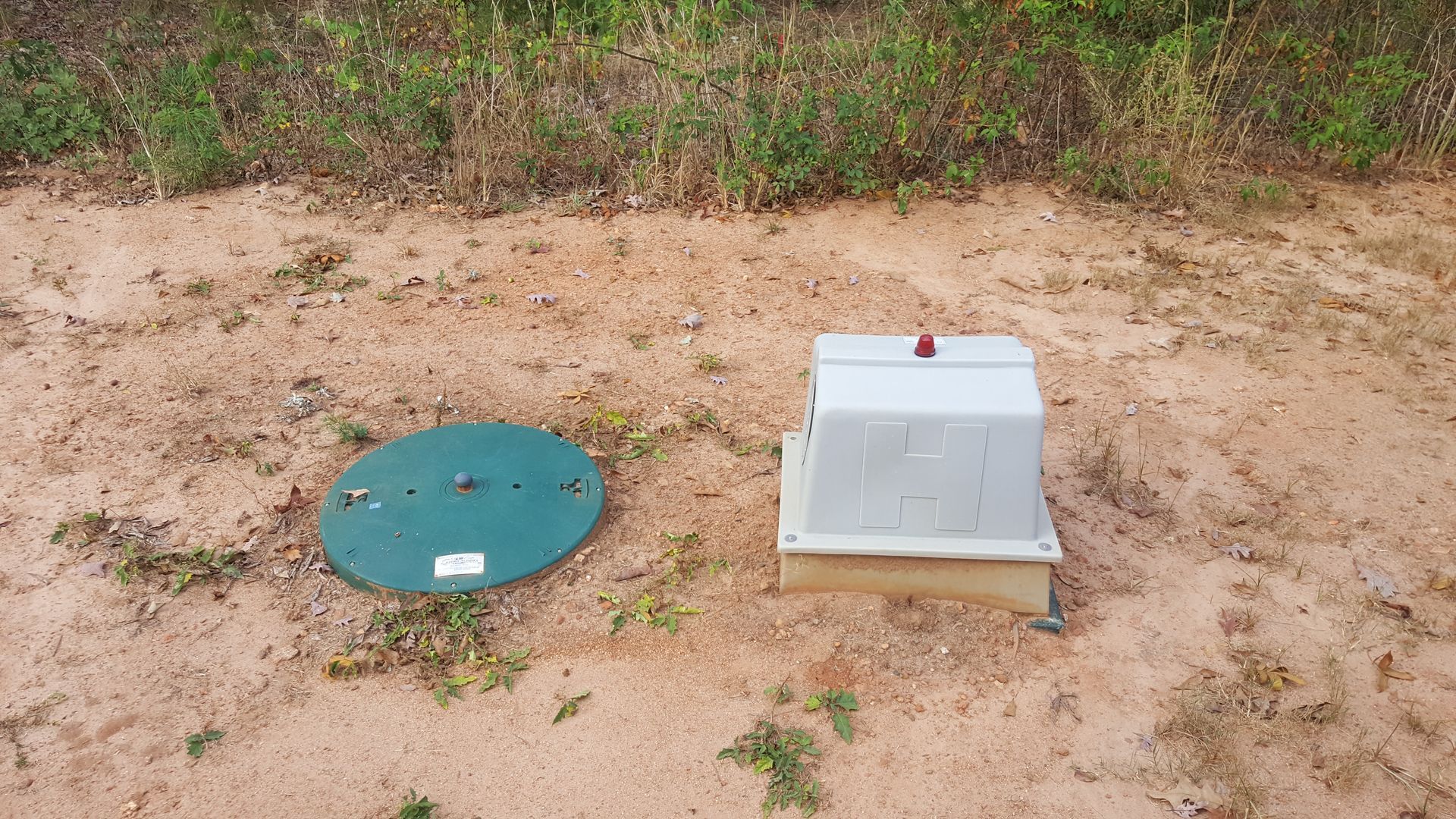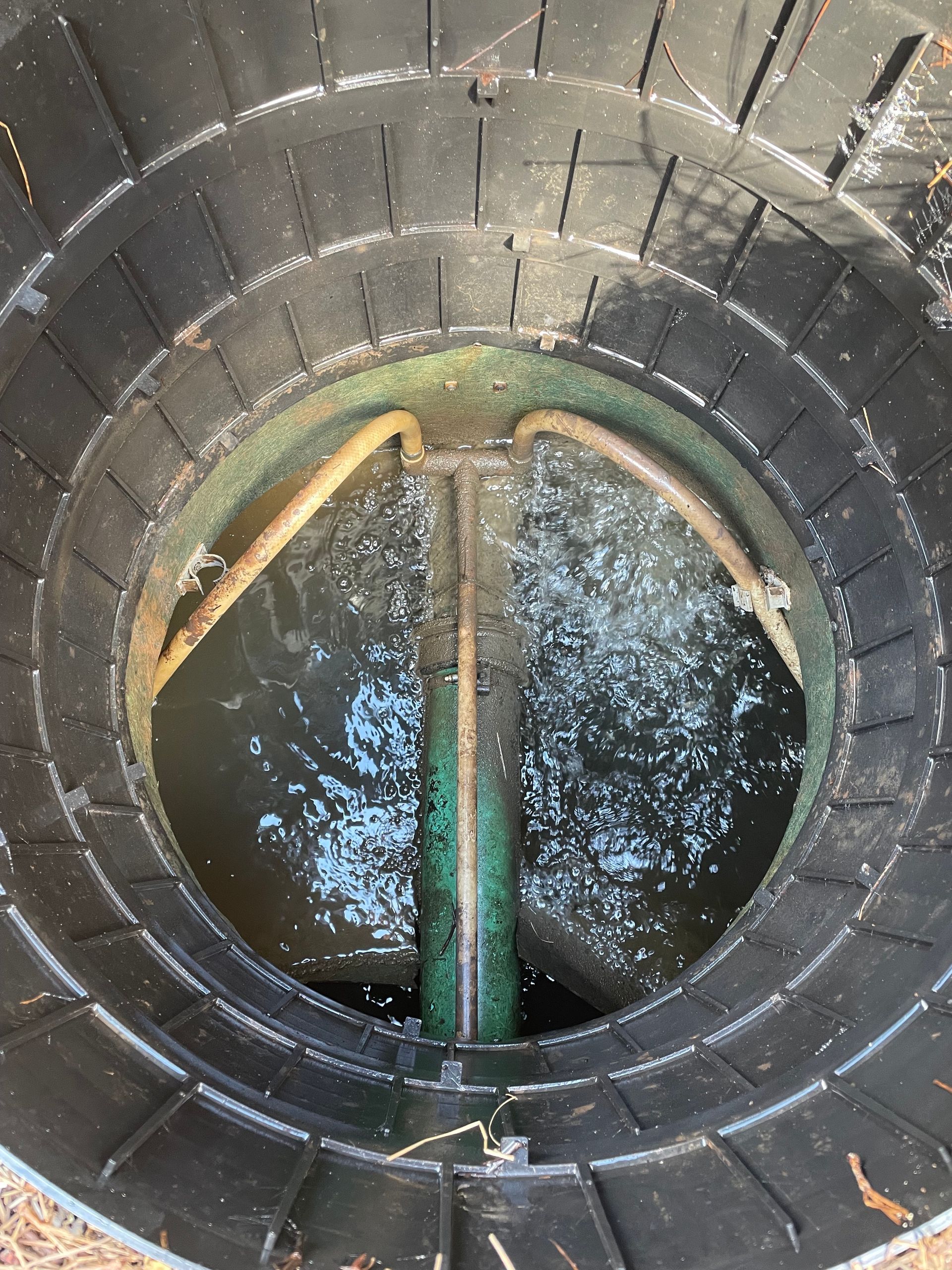Get in touch
404-788-3474
asmseptic@gmail.com
Email Us on: asmseptic@gmail.com
Call or Text: 404-788-3474
Comprehensive Guide to Drain Field Repair
When it comes to maintaining the health and efficiency of your septic system, understanding the intricacies of drain field repair is crucial. The drain field, an essential component of any septic system, is responsible for removing contaminants from the liquid that emerges from your septic tank. Over time, however, these fields can experience problems due to clogging, system aging, or improper usage, which can compromise their functionality. This can lead to unsanitary conditions and significant repair costs if not addressed promptly. In this article, we dive deep into everything you need to know about drain field repair, from recognizing early warning signs to exploring repair options and preventive measures. With insights from Alternative Septic Management, Inc. in Georgia, discover how to manage, maintain, and repair your drain field effectively, ensuring your septic system's longevity and reliability.
Recognizing Signs of Drain Field Failure
Detecting early signs of a failing drain field is crucial to avoid more significant problems down the line. One of the first signs to look out for is slow drainage in your home. If you notice that sinks and toilets drain slower than usual, it could indicate a problem. Additionally, water pooling in the yard, particularly around the drain field area, often signifies saturation due to clogs or failure in the system. Another alarming sign is an unpleasant odor. If you detect sewage smells in your yard or near the drainage area, it's essential to act quickly.
Grass around the drain field area that looks unusually healthy compared to other parts of your yard can also signal an issue. While it may seem beneficial at first, lush grass here often results from an excessive amount of moisture, which is neither normal nor desirable. Moreover, if your water tests show a high level of nitrates, it could be due to improper filtration by a failing drain field.
Understanding Septic Tank Drain Field Repair
When it comes to septic tank drain field repair, it's essential to understand what this process entails to recognize the steps that professionals take. Typically, the repair process begins with an assessment by experienced technicians who will examine the extent of the damage. They might conduct dye tests or employ video inspections to pinpoint the exact locations of the issues.
Depending on the detected problems, several repair methods can be applied. One common approach is the flushing and cleaning of drain pipes, often enhanced by high-pressure water jetting, which can clear minor clogs and accumulated debris effectively. Another solution might involve repairing or replacing damaged pipes, particularly if they are crushed or broken. In more severe cases, part or the entirety of the drain field might need to be reconstructed or rerouted, which is typically more expensive and time-consuming.
Septic Drain Field Repair Near Me: Finding the Right Help
Finding the right professional for septic drain field repair is crucial as attempting DIY repairs without proper knowledge can further harm your system. To locate a reputable service provider, start by searching for "septic drain field repair near me" online and review the companies that come up. Check their credentials, look for customer reviews, and ensure they have experience with drain field issues similar to yours.
It is also advisable to verify that the service provider is licensed and insured, which protects your property and investment. Considering a service provider who offers a detailed assessment and upfront pricing is beneficial as well. This transparency helps you understand what the repair might involve and estimate the overall cost ahead of time.
Costs Associated With Septic Tank Drain Field Repair
Understanding the costs involved in septic tank drain field repair is important for planning and decision-making. The repair cost can vary significantly depending on the extent of the damage and the required repair type. Minor repairs such as unclogging or jetting might cost a few hundred dollars, whereas more extensive repairs like pipe replacement or new drain field installation can escalate into several thousand.
Variables that influence repair costs include the size of your septic system, the extent of damage, the soil type, and the region where you live. Some geographic locations might have higher labor costs or specific soil types may require more extensive excavation efforts, which adds to the overall price. Always obtain quotes from multiple providers to ensure you get a fair price for the services required. Transparency in pricing, as previously mentioned, is also crucial to avoid unexpected expenses.
Understanding these aspects of drain field repair enriches your knowledge about your septic system and prepares you for effective management of potential issues. Remember, proactive maintenance and timely repair are crucial to extending the life of your septic system and avoiding more expensive and extensive repairs down the road. Each aspect of recognizing problems, understanding repair mechanisms, finding reliable professionals, and budgeting for repairs is integral to maintaining a well-functioning drain field and, by extension, a healthy, efficient septic system.
Safeguarding Your Septic System
Maintaining the health and efficiency of your septic system, particularly the drain field, is crucial for preventing costly repairs and environmental damage. Recognizing early warning signs, understanding the repair process, choosing the right professionals, and being aware of associated costs are all key aspects to effectively managing potential issues. By taking proactive measures and partnering with trusted professionals like Alternative Septic Management, Inc., you can ensure that your septic system operates smoothly and continues to meet your needs sustainably.
For expert maintenance and
septic tank drain field repair services in Georgia that extend the life and efficiency of your septic system, don't hesitate to contact Alternative Septic Management Inc. Let us help you manage your septic needs with reliability and expert care. Schedule a consultation or learn more about our comprehensive septic services tailored to your unique needs.e.
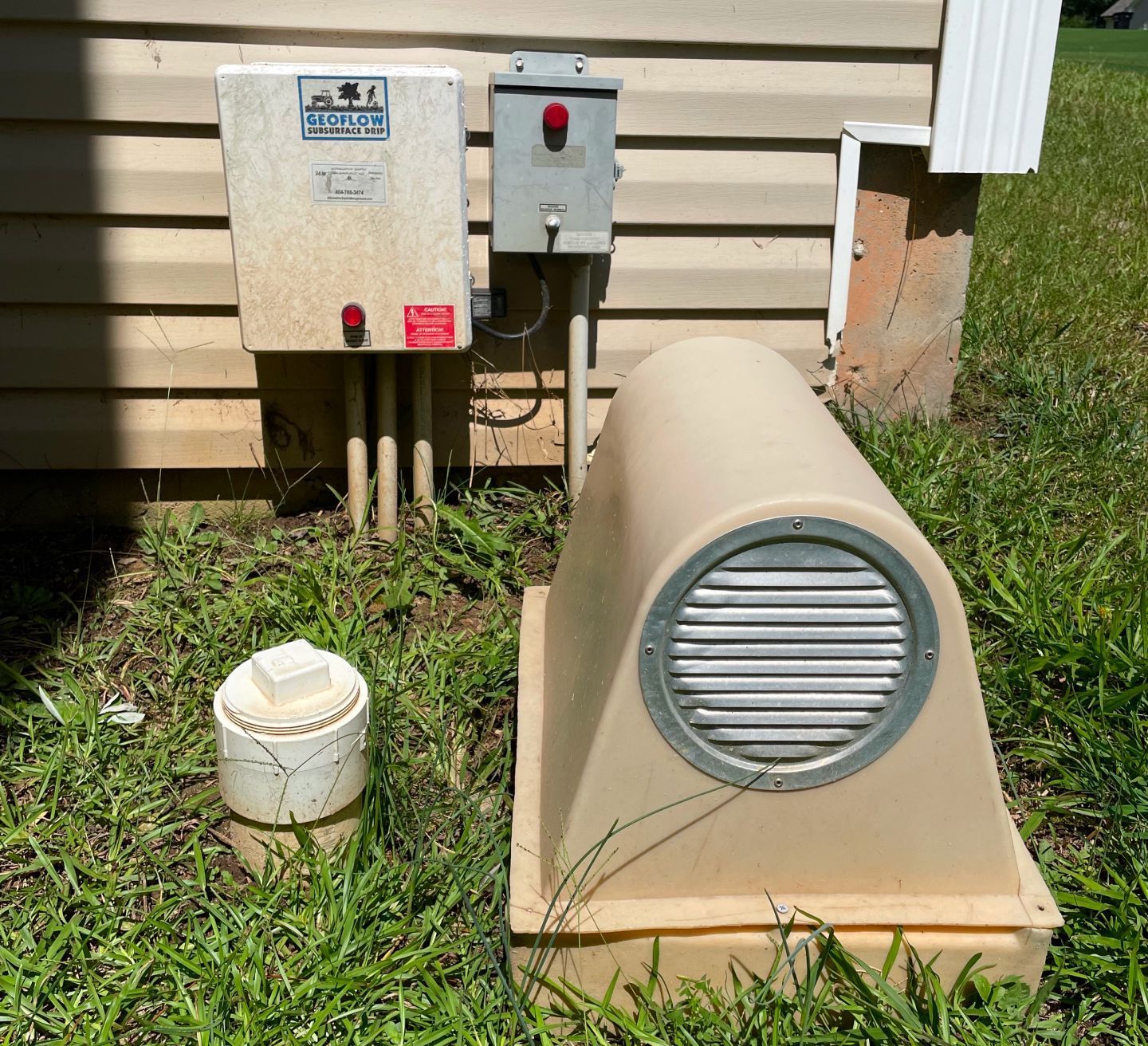
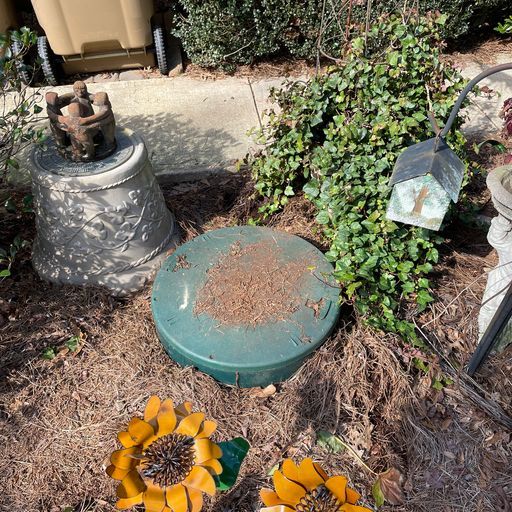
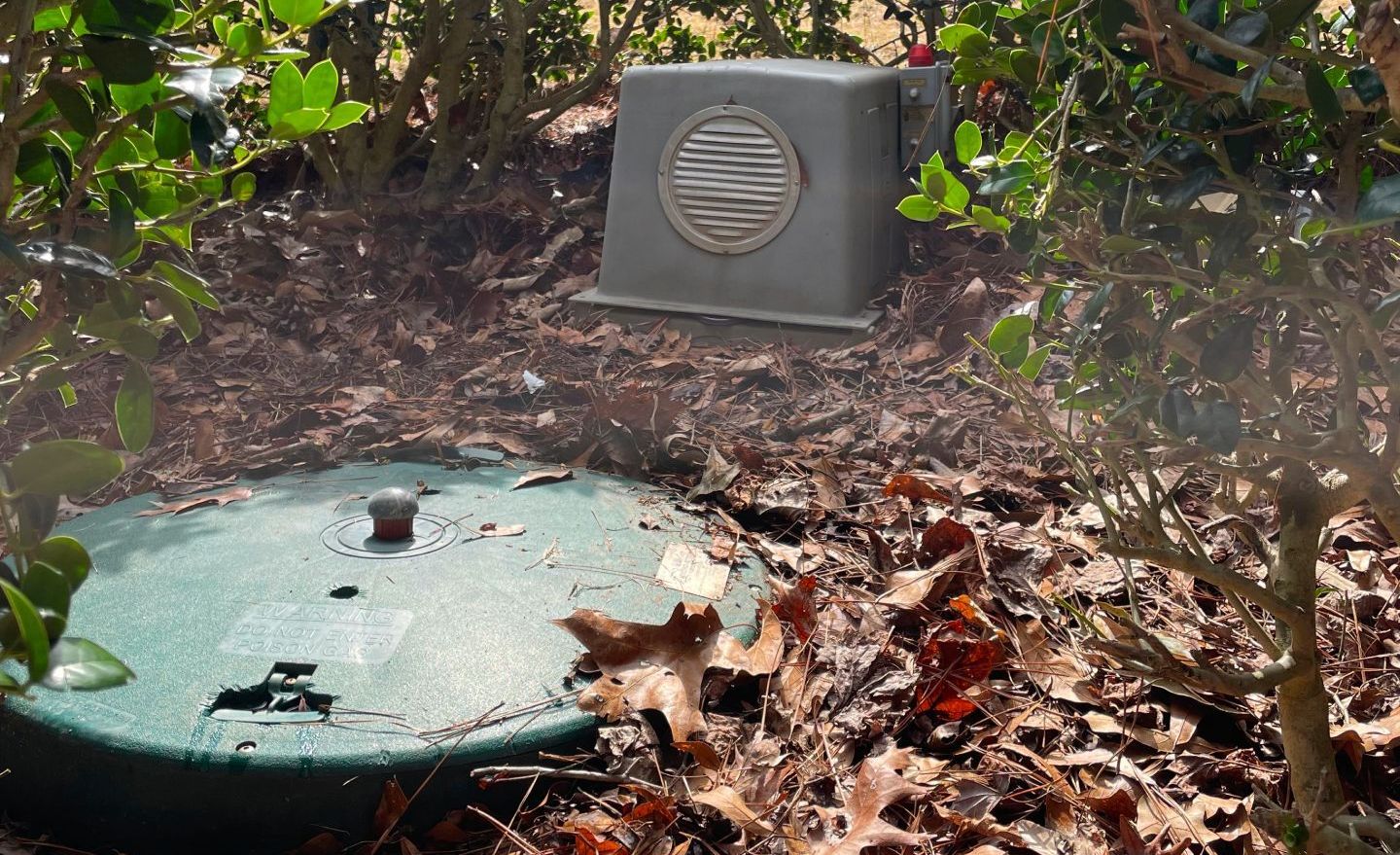
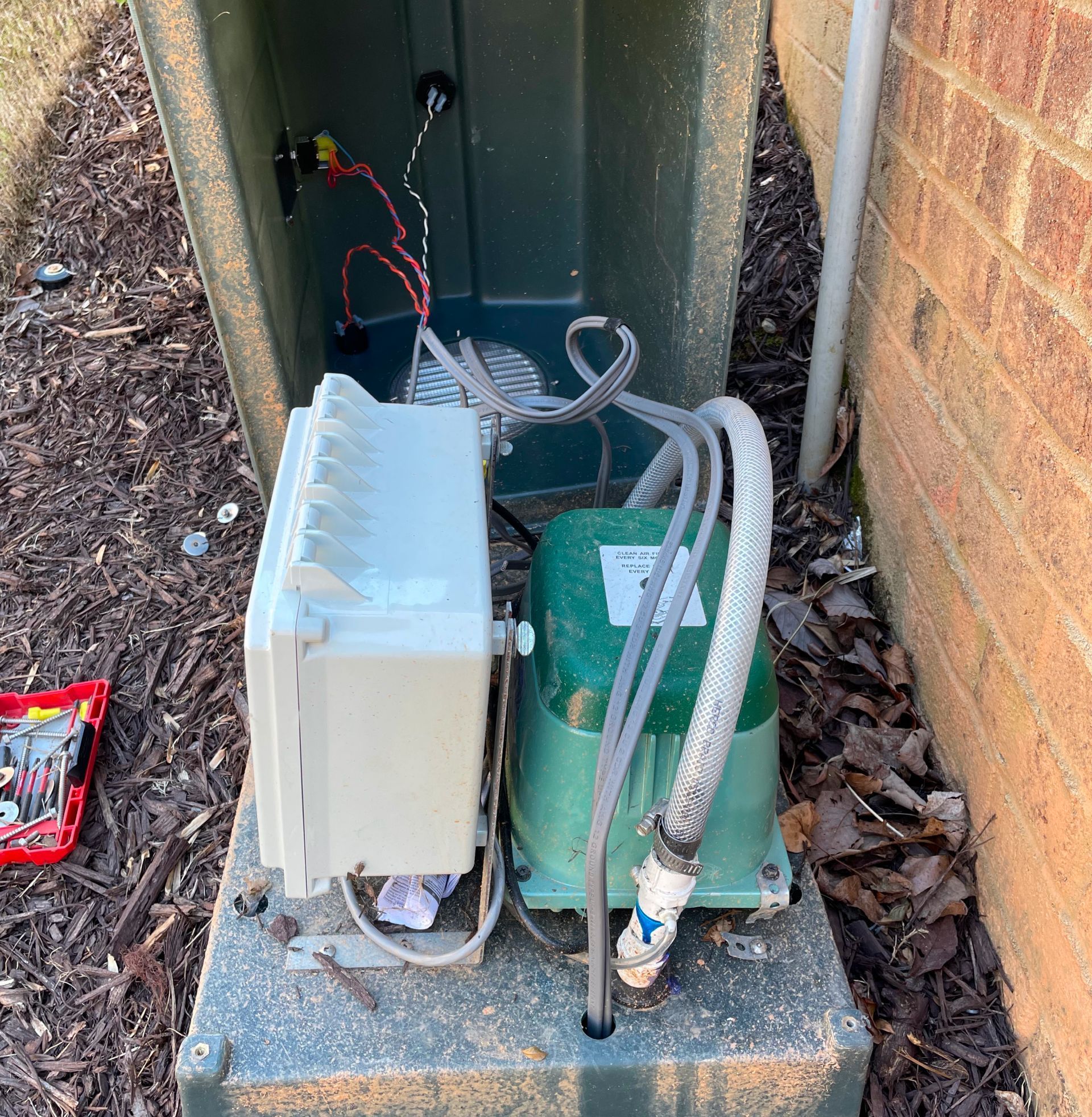

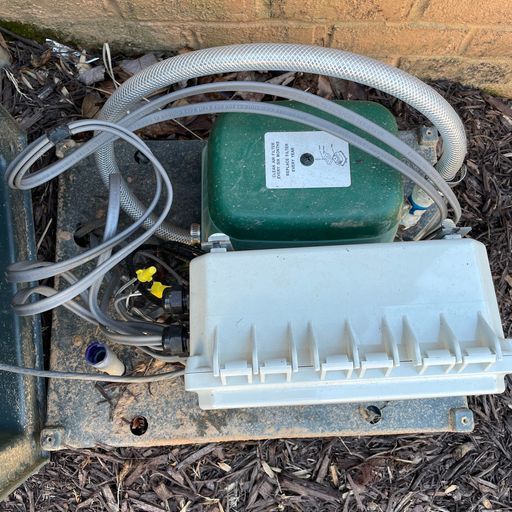
Alternative Septic Services For Residential And Commercial Systems Requiring Alternative Septic Systems.
Quick Links
Our Services
Septic Installation
Septic Repair
Septic Inspection
Air Compressor Maintenance
Pump Maintenance
Get In Touch
Mobile: 404-788-3474
Email: asmseptic@gmail.com
Address: 3295 Fannie Thompson Rd. Monroe GA 30656
Copyright 2025 © All Rights Reserved. Alternative Septic Management, Inc.

